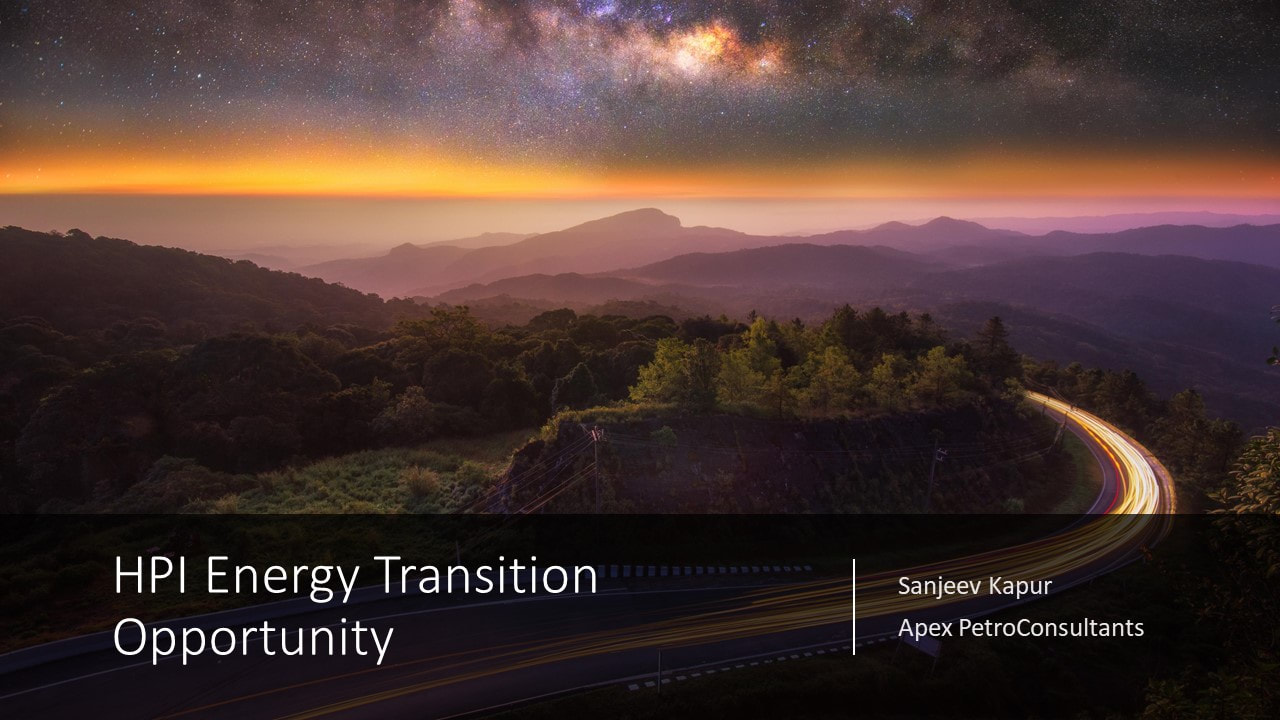We have seen many positive signs of progress and announcements in many areas and industries. On a broader basis, the commitments made in Paris Agreement or later, both the private sector and governments are falling behind on the transition path. Current forecasts indicate that at the current pace, the warming levels could be closer to 2.5 degrees Celsius vs. a reference case of 1.5 degrees set by IPCC.
Some of the factors (listed below) have offered opportunities for acceleration, and acted as headwinds at the same time:
- Energy crisis driven by conflicts.
- Economic downturn and higher inflation.
- Frequent extreme weather events causing food shortages, and social and political pressures. These events also result in a significant financial impact.
- Geopolitical conflicts and an increasingly fractured world.
- Trade conflicts, and supply chain disruptions.
- Focus fossil fuels away from direct contributions towards greenhouse gas emissions as much as practicable.
- Minimize the hydrocarbon feed demand through design approaches to extend product life, making them repair-friendly, and easily recyclable at high economic value.
- Minimize losses to improve overall efficiencies throughout the life cycle.
- Invest in technologies that will speed up the transition towards NetZero goals.


 RSS Feed
RSS Feed